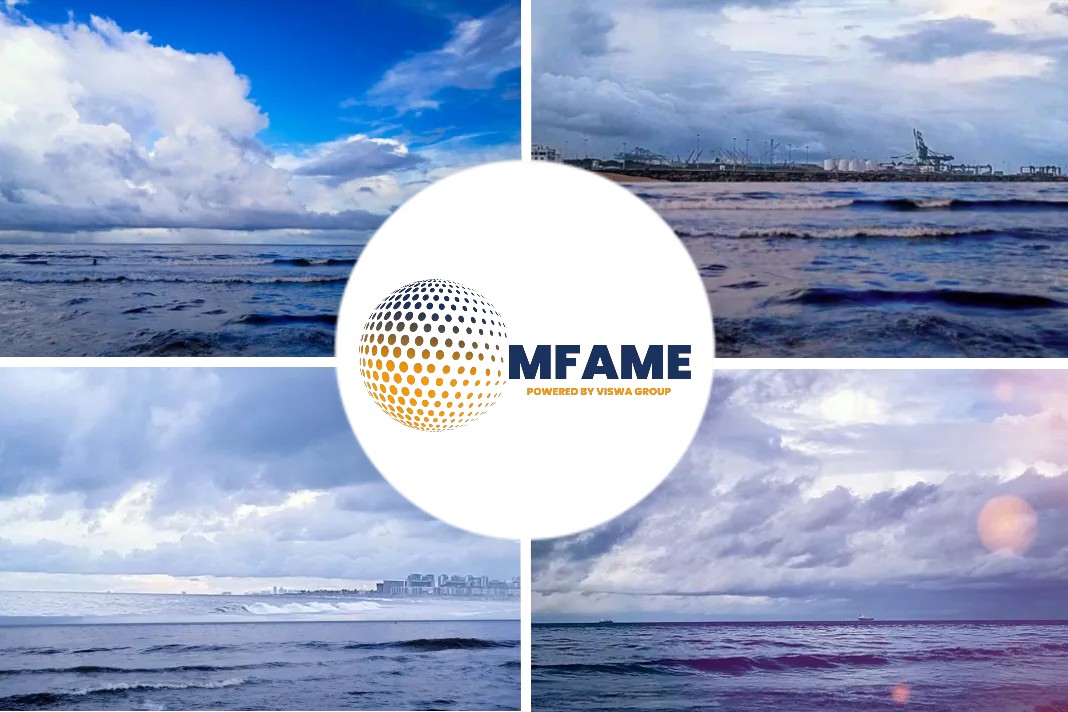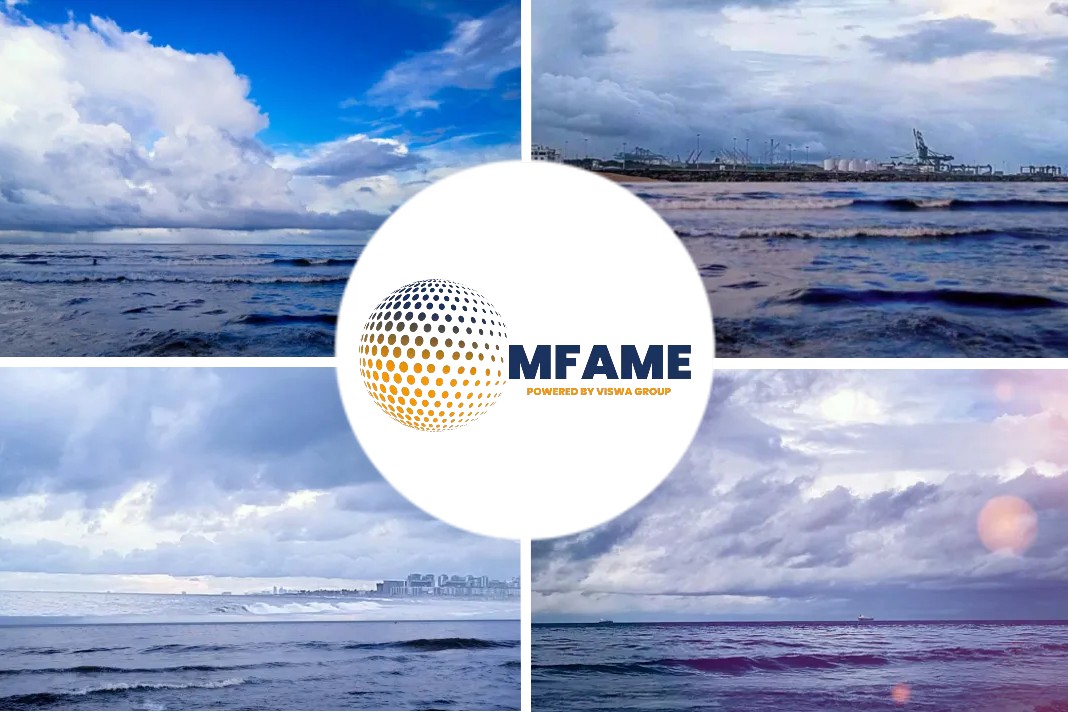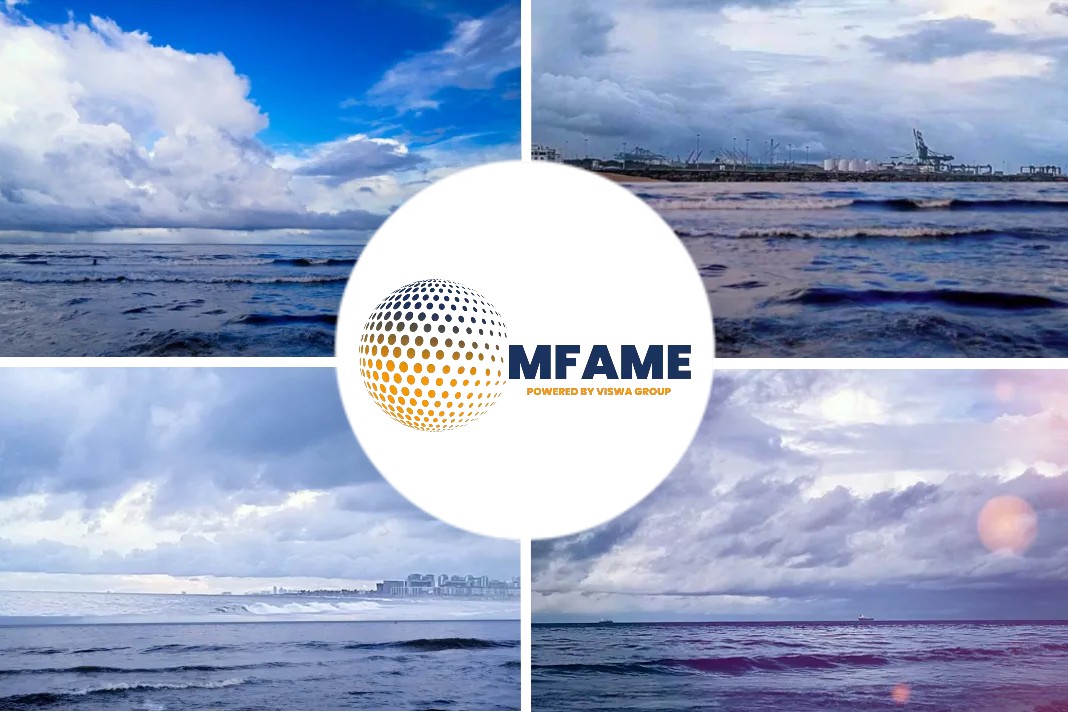
According to a Freight Waves report, the U.S. containerized imports from Asia usually jump at the tail end of the year and the early days of the new year, as importers scramble to get boxes on the water before the onset of the Chinese New Year holiday. In early 2020, there’s some increased activity, but it pales in comparison to prior years.
2020 is Different
On Jan. 3, FreightWaves Maritime Market Expert Henry Byers opined, “This year is different. The continued tariff threats from the Trump administration, coupled with an earlier-than-normal Chinese New Year, which officially begins Jan. 25, has likely led many U.S. importers to move much of their volume in 2019. This means that U.S. container ports are not likely to receive the typical bump in volumes they’re used to.”
Data on container shipping pricing bears this out. Freightos provides daily indices that track the cost to ship a 40-foot-equivalent-unit container on various routes. If pricing is a rough proxy for demand, then Freightos’ trans-Pacific indices covering the the late 2019-early 2020 period should not increase as much as in prior years.
This is exactly what the latest data shows. A year ago, the index tracking container shipments from China to North American West Coast ports such as Los Angeles/Long Beach (SONAR: FBXD.CNAW) rose by 26% between Jan. 1 and Jan. 6, 2019. Two years ago, rates increased 25% between Dec. 29, 2017, and Jan. 2, 2018. In contrast, rates have increased by 4% between Jan. 1 and Jan. 6, 2020.
The same pattern prevails with the index tracking prices from China via the Panama Canal to U.S. East Coast ports such as New York/New Jersey (SONAR: FBXD.CNAE). A year ago, this index rose 22% between Jan. 1 and Jan. 6, 2019; two years ago, by 32% between Dec. 18, 2017, and Jan. 2, 2018; and this year, by 6% between Jan. 1 and Jan. 6, 2020.
2019 Trade Effect Continues
According to Eytan Buchman, chief marketing officer of Freightos, “Chinese New Year is spurring demand, but not like in past years. The final run-up [to the holiday], combined with carriers’ concerns of recouping some of their IMO 2020 fuel costs, has pushed rates up. But 2019’s story of the year — the trade war — continues in 2020 and has dampened pre-Chinese New Year demand as well.”
Did you subscribe to our daily newsletter?
It’s Free! Click here to Subscribe!
Source: Freight Waves














